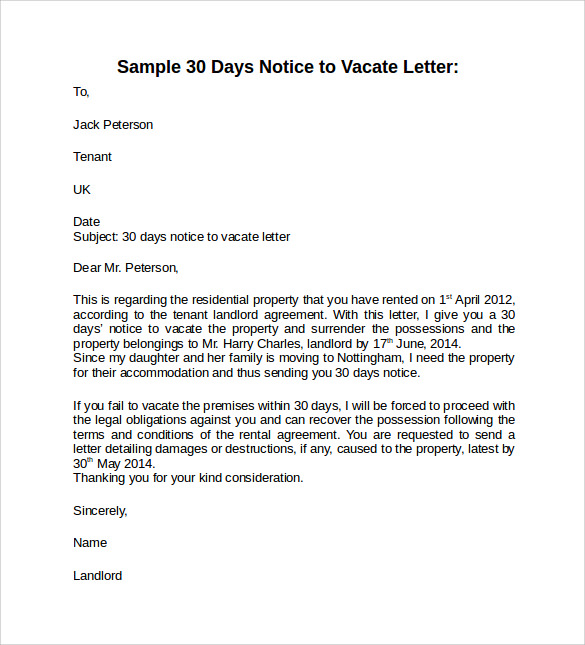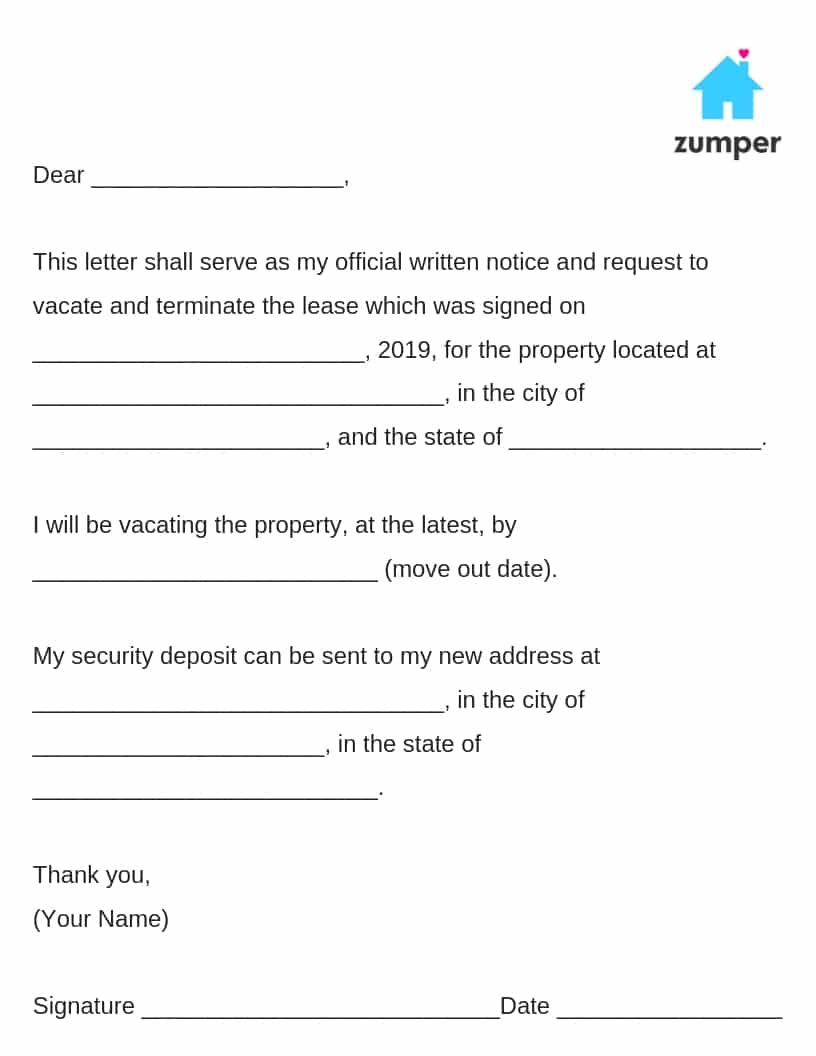Exiting Gracefully: Mastering the 30-Day Notice
Leaving a job can be a complex process, filled with both excitement for new opportunities and a touch of bittersweet farewell. However, ensuring a smooth transition for both yourself and your employer hinges on one crucial step: providing proper notice. Mastering the art of submitting a 30-day notice is a key skill that can significantly impact your professional reputation and future prospects. This comprehensive guide will delve into the nuances of writing and delivering a 30-day notice, empowering you to leave your current role with grace and professionalism.
Submitting a resignation is more than just a formality; it's an opportunity to solidify positive relationships and leave a lasting positive impression. A well-crafted 30-day notice demonstrates respect for your employer, colleagues, and the company as a whole. It allows them adequate time to prepare for your departure, find a suitable replacement, and ensure a seamless handover of your responsibilities. Furthermore, a professional exit can strengthen your network and open doors for future collaborations.
The convention of providing a 30-day notice has evolved over time as a standard practice in many industries. While not always legally required, it has become the norm, representing a generally accepted period for an employee to transition out of a role. This timeframe allows for the orderly transfer of knowledge, completion of ongoing projects, and minimization of disruption to the team. Failing to provide adequate notice can strain relationships and potentially impact future employment opportunities.
One of the central issues surrounding the 30-day notice is the potential for miscommunication or awkwardness. Some individuals struggle with delivering the news of their resignation, fearing negative reactions or potentially burning bridges. However, approaching the process with clarity, professionalism, and empathy can mitigate these concerns and ensure a respectful and positive departure.
Submitting your 30-day notice involves more than just informing your manager of your intent to leave. It requires careful consideration of various factors, including company policy, the nature of your role, and the relationships you’ve cultivated during your tenure. This guide will provide you with the tools and insights you need to navigate this process effectively and confidently.
A 30-day notice is a formal written notification informing your employer of your intention to resign from your position, effective 30 days from the date of delivery. It is a professional courtesy that allows your employer time to prepare for your departure and transition your responsibilities. For example, a resignation letter stating, "Please accept this letter as formal notification that I am resigning from my position as Marketing Manager, effective two weeks from today," serves as a 14-day notice.
Benefits of Providing a 30-Day Notice:
1. Maintains Professionalism: Demonstrates respect and courtesy towards your employer and colleagues.
2. Facilitates a Smooth Transition: Provides ample time for knowledge transfer and handover of responsibilities.
3. Strengthens Professional Network: Leaving on good terms can lead to positive references and future opportunities.
Step-by-Step Guide:
1. Write a Formal Resignation Letter: Clearly state your intention to resign and your last day of employment.
2. Schedule a Meeting with Your Manager: Deliver the letter in person and discuss your departure professionally.
3. Offer Assistance with the Transition: Help train your replacement or document your processes to ensure a smooth handover.
Advantages and Disadvantages of Providing a 30-Day Notice
| Advantages | Disadvantages |
|---|---|
| Maintains a positive relationship with the employer | May limit opportunities for immediate employment elsewhere |
| Allows for a smooth transition for the team | Potential for counteroffers that complicate the decision |
Best Practices:
1. Be clear and concise in your communication.
2. Express gratitude for the opportunities provided.
3. Offer assistance during the transition period.
4. Maintain a positive and professional attitude.
5. Avoid negativity or criticism of the company or colleagues.
Frequently Asked Questions:
1. What if my contract requires more than 30 days' notice? (Answer: You must abide by the terms of your contract.)
2. What if I have unused vacation time? (Answer: Discuss this with your employer during your resignation meeting.)
... (Add 6 more FAQs)
Tips and Tricks: Keep a copy of your resignation letter. Offer to create a handover document outlining your key responsibilities and processes.
In conclusion, submitting a 30-day notice is a crucial step in concluding your employment journey professionally. By demonstrating respect for your employer, colleagues, and the company, you not only facilitate a smooth transition but also solidify your reputation as a reliable and considerate professional. The benefits of providing adequate notice extend beyond the immediate departure, potentially opening doors to future collaborations and opportunities. Embracing the principles outlined in this guide empowers you to navigate this process with confidence and grace, leaving a positive lasting impression and paving the way for a successful future. Take the time to craft a well-written resignation letter, communicate your intentions clearly, and offer assistance during the transition period. By doing so, you ensure a seamless handover of your responsibilities and maintain valuable professional relationships.
Navigating the sixth grade answer sheets and standardized testing
Cosmic steerage taurus daily horoscope insights
Decoding the red line chicago stops map your ticket to windy city adventures














